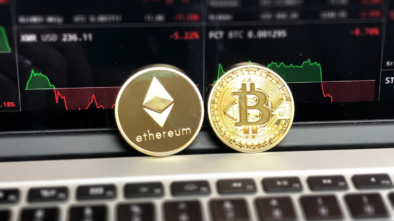The European Union has unveiled a project for 2023 that will use NFTs to combat counterfeiting. In order to combat fraud and counterfeiting, the European Union (EU) is developing a blockchain architecture and intends to deploy non-fungible tokens (NFTs). The concept, which suggests the construction of digital twin items that can navigate distribution channels, is the outcome of multiple blockchain hackathons and talks conducted by the EU Intellectual Property Office. Recently, the European Union declared that it is developing a system that makes use of blockchain and NFTs to combat the counterfeiting of real items.
The proposed system was developed by the Office of Intellectual Property of the European Union and is the result of more than five years of work. A document released this month explains that the organization has already chosen an advanced architecture for the task and details how the system will work.
This technology offers supply chain tracking when goods are moved through multiple checkpoints and enables IP owners to be sure that goods entering retailers are genuine. By the end of 2023, the EU Intellectual Property Office intends to have a functioning system in place, but that needs a registration system that unites all EU shops, logistics companies, and IP owners. According to the article, the system seeks to interface with current supply chain monitoring technologies to more effectively carry out its objective. One of the first uses of blockchain technology for this purpose will be made by the EU if it can put this system into place by the end of 2023. However, tracking shipments is already done using blockchain technology. Vechain, an enterprise blockchain project, recently partnered with Orionone, a global supply chain technology solution, to integrate blockchain into its business technology portfolio.









